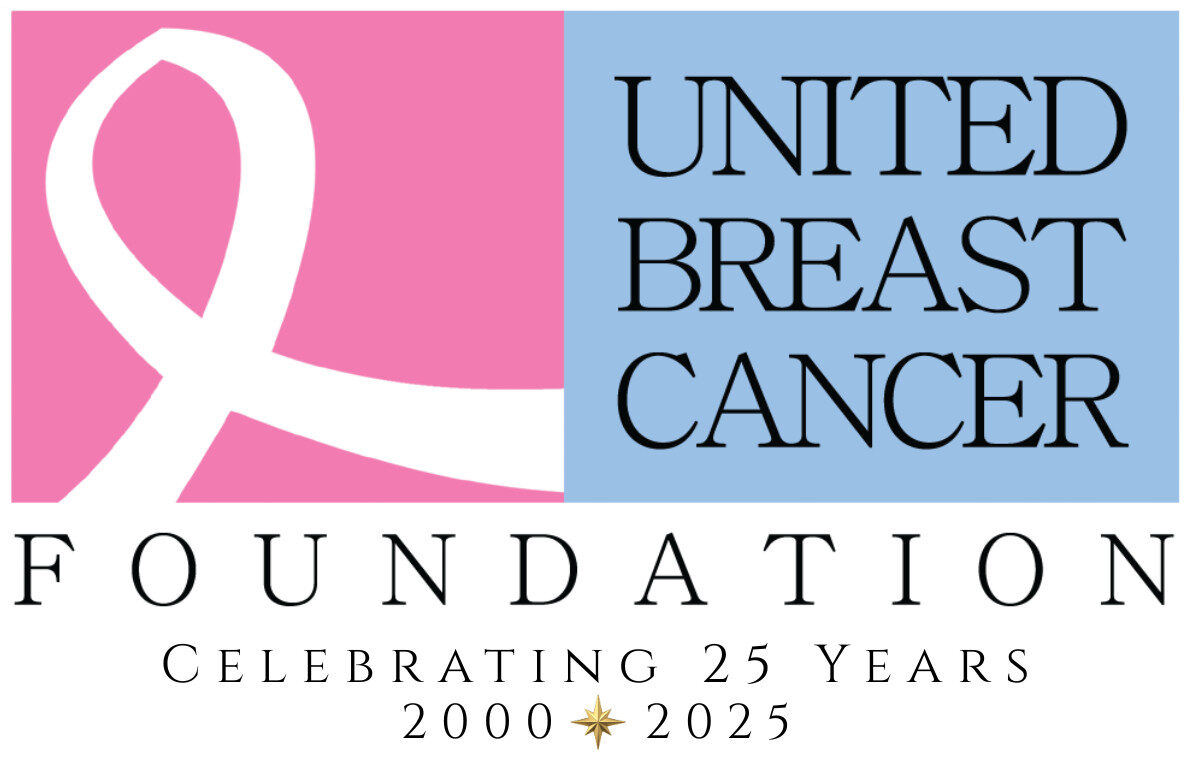Cancer Care During Covid

Covid-19 has impacted many different facets of life, including breast cancer care, diagnosis, and treatment. This is visible in the way treatment has been delayed and altered to deal with the extreme challenges caused by the pandemic.
The Covid-19 pandemic has lasted for more than 18 months and continues with new variants being discovered regularly. It has had very visible effects on breast cancer care. When the seriousness of Covid-19 became apparent causing widespread shut-downs, many nonessential surgeries were canceled or postponed to keep medical offices open to handle the massive influx of Covid patients and to keep others safe. This led to major delays in breast cancer screenings, general doctors appointments, chemotherapy and even reconstruction surgery. “There were delays in many aspects of breast cancer care, including routine clinical visits (32%), surveillance imaging (14%), routine mammograms (11%), reconstruction (10%), radiation therapy (5%), hormonal therapy (5%), mastectomy (5%), and chemotherapy (4%). About 30% reported no delays” (breastcancer.org). These percentages represent the amount of people that experienced a delay, showing drops in various treatments. Delays in diagnosis can be detrimental to one’s overall cancer outcome.
It is important to detect cancer as soon as possible when it is smaller and has less time to spread. In certain instances, some patients even had to undergo less chemotherapy to avoid going into the doctor’s office as much as possible. In addition, delays in reconstruction surgery availability caused some women to delay their treatment surgeries completely. Altogether, these delays can be very dangerous for breast cancer outcomes.
Administration of Care
Along with delays, there are also changes in the administration of care. Breast cancer patients spent less time in in-person visits and more time in tele-health visits. Secondly, patients who had to delay operative treatment had to receive different types of therapies to prevent their cancer from progressing; patients underwent various hormonal therapies, targeted therapy, or chemotherapy. Thirdly, many patients spent less time in the hospital after operative treatments. This allows hospital beds to be available to Covid patients. It even serves as a measure to avoid Covid infections in breast cancer patients.
Covid-19 infections can be particularly dangerous for breast cancer patients and survivors. Many people with a Covid-19 diagnosis will develop some, moderate, or extreme respiratory symptoms. According to the CDC, those with a current breast cancer diagnosis are at an increased risk of being susceptible to Covid-19 infection. If contracted, developing more severe symptoms. In fact, one study found that cancer patients have a death rate that was two times higher than the average Covid mortality rate (breastcancer.org). Scientists believe this is because both cancer and cancer medications heavily impact the body resulting in a compromised immune system.
It is important to be proactive about your health care if you are receiving treatment for breast cancer during this time. If you have the option, do not delay surgeries or treatment. Make sure to get a second or even third opinion and opt to have family members join you over virtual appointments for support. Take your care into your own hands by doing self-exams and changing your lifestyle to prevent breast cancer.
For more information about the United Breast Cancer Foundation, visit ubcf.org.
Sources:
https://www.breastcancer.org/treatment/covid-19-and-breast-cancer-care
https://ascopubs.org/doi/full/10.1200/OP.20.01062
https://jhoonline.biomedcentral.com/articles/10.1186/s13045-021-01073-7









